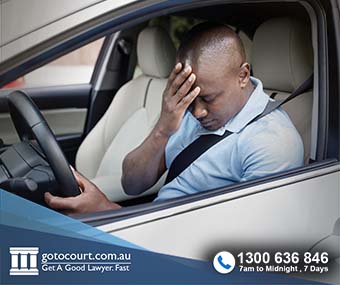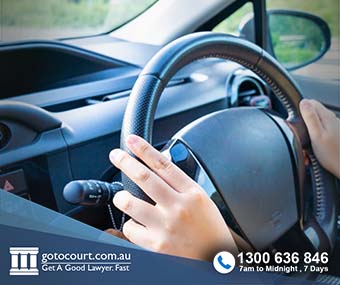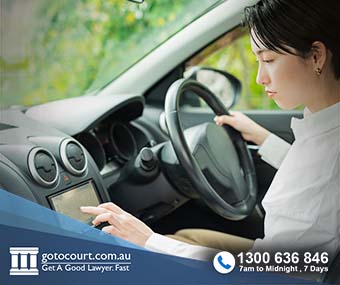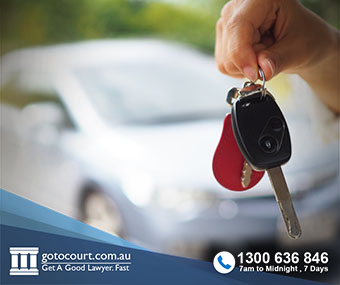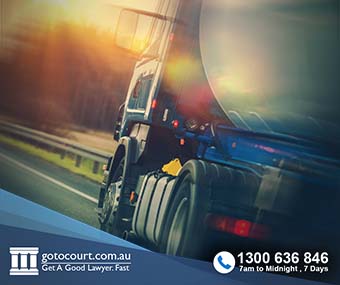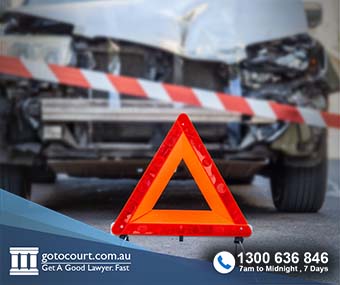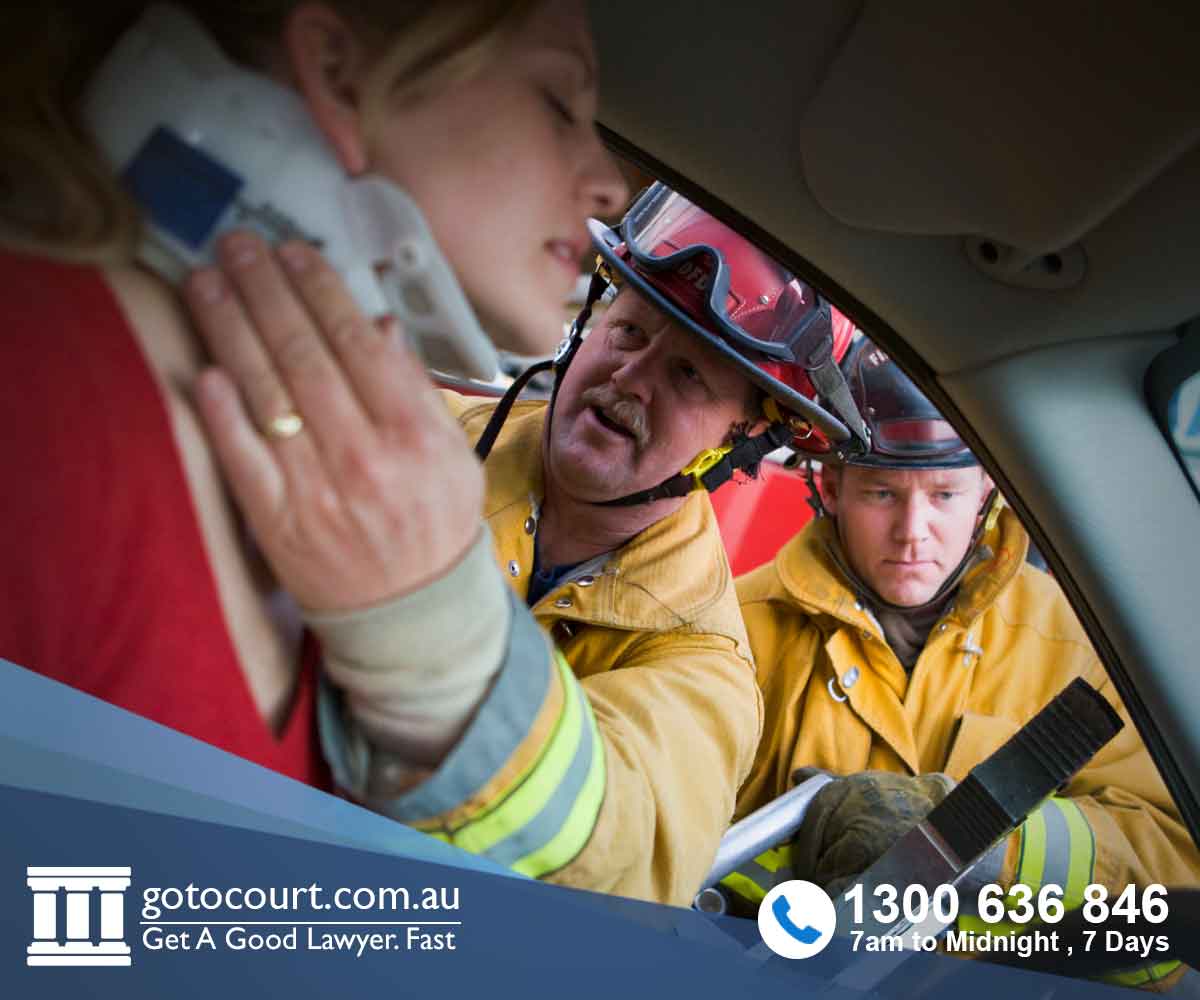Failing To Stop For Police In South Australia
In South Australia, police have the power to stop a person who is driving a motor vehicle on a public road. This may be done in order to conduct a random breath test, because there is something amiss with the person’s driving or because they suspect the driver has committed an offence. If the police signal to a driver to pull over and the driver does not comply, they can be charged with the offence of failing to stop for police.
The offence of failing to stop for police
It is an offence under the Road Traffic Act to refuse or disobey a direction given by a police officer in South Australia. Under section 40H of the Act, police officers are given the power to direct a driver to;
- Stop a motor vehicle upon request.
- Move the vehicle in question.
- Interfere with the vehicle or any equipment on the vehicle.
- Interfere with the contents of the vehicle.
In South Australia a direction to stop a motor vehicle under the Act must be completed without delay and in a safe manner. If for any reason a person refuses to stop their motor vehicle after being directly ordered to do so, they will have committed an offence under the Act and will be liable to be penalised accordingly.
Penalties for failing to stop for police
Failure to follow a direction to stop your motor vehicle after being given a direction to stop will result in a maximum fine of $5,000 being imposed. It is important to note however that a refusal to comply with a direction will not be considered an infringement of the Act if it can be proven that the police officer gave the offender an inconsistent direction or has indicated to the alleged offender that they are no longer required to comply with the direction.
Obligation to stop in other circumstances
In South Australia not only are you required to stop when directed by a police officer, you are also required by section 43 of the Act to stop your motor vehicle when you have been involved in a car accident. As required under the Act, you must stop your motor vehicle immediately and give any assistance possible. If you do not comply with this obligation to stop your vehicle, you may penalised with a maximum term of imprisonment of 5 years. In addition to any prison term imposed, you will be disqualified from holding a drivers licence for a period of at least 1 year, as determined by the court.
Your rights and obligations
If you have complied with a direction to stop your motor vehicle, an officer may also request that you provide some details. This includes you name, date of birth, address and driver’s licence information. These details may be requested from you in circumstances where a police officer believes you may be involved in a criminal offence, or in circumstances where a police officer believes you may be able to assist an investigation by providing information. However, it is important to note that if you choose not to provide these details after a request is made, you may be charged under the Act. An offence of this nature carries a maximum fine of $5,000 in South Australia.
Defences
In certain circumstances, a defence may apply to your case that may excuse you from liability under the South Australian legislation. If you are charged with failing to comply with a police direction, you may be able to argue a defence if the direction was inconsistent or in circumstances where stopping in a timely and/or safe manner was not possible. These defences are only available in limited circumstances and should never be relied on without first obtaining legal advice.
If you require legal advice or representation in any legal matter, please contact Go To Court Lawyers.

